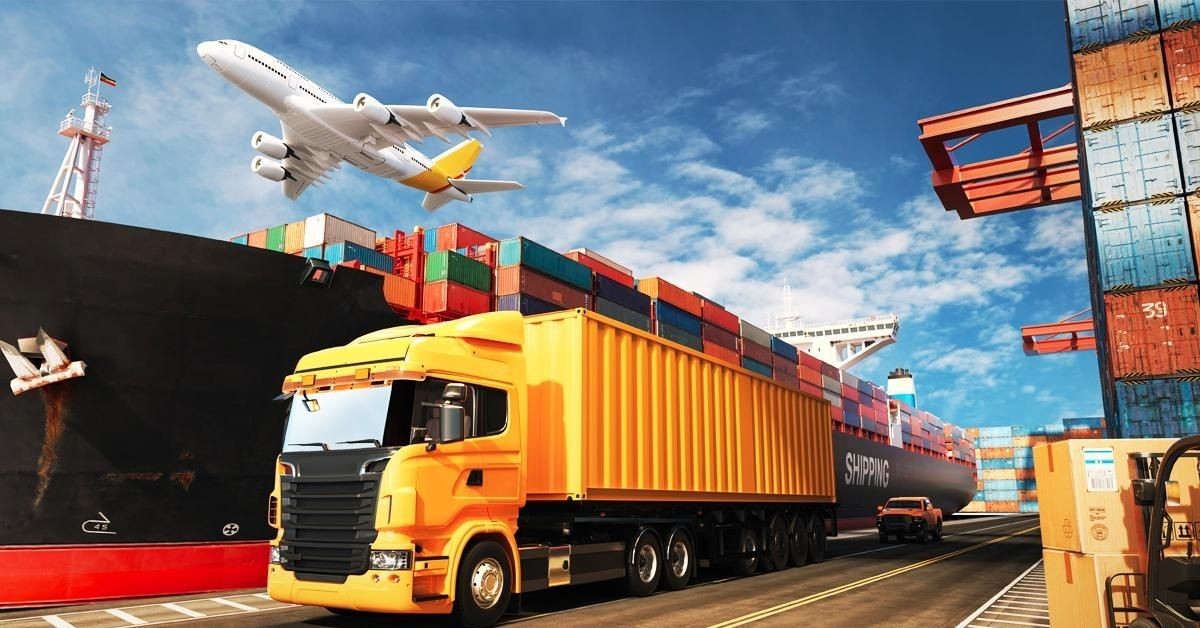Land-locked Uttar Pradesh, which is aiming to become a trillion-dollar economy by 2027, will develop a network of dry ports and freight container stations to boost exports. The state plans to develop a modern logistics ecosystem in partnership with private players.
A dry port is an inland intermodal port directly linked to a seaport by roads or railway to facilitate faster movement of export cargo. Under the UP Warehousing and Logistics Policy 2022, the state will fast-track land allotments for logistics parks and offer a string of subsidies and incentives to attract private investments.
The state will support the private sector for the development of storage facilities, cold chains, multi-modal parks, container depots, and container freight stations infrastructure in the state.
“The fresh policy has been framed with an objective of developing a strong logistics ecosystem and fostering an international business and investment environment to achieve the trillion-dollar economy vision,” a government official said. The state targets to hike merchandise exports from Rs 1.56 trillion to nearly Rs 3 trillion in three years.
The government has said it would also leverage the Varanasi-Haldia inland waterway to catalyse exports.
The state is planning to harness the comparatively cheaper cargo movement from Varanasi via the waterway to seaport in West Bengal to boost shipments of farm and dairy products, apart from micro, small, and medium enterprises (MSME) items.
The Varanasi-Haldia inland waterway is operated by the Inland Waterways Authority of India (IWAI). Now, the UP government is looking to develop other intrastate inland waterways systems to support passenger and cargo movements.
Under the new UP logistics policy, the state will also develop a network of transport infra, upgrade existing warehousing and logistics infrastructure, pare logistics cost, and promote operational efficiency in logistics.
Meanwhile, the beneficiary projects will be given both front and backend subsidies, including exemption in stamp duty, concession in land use change levy, and exemption in development fee. The new policy will be effective for five years and replace the one promulgated in 2018. However, the incentives promised to private sector projects under the previous policy will remain in force.






